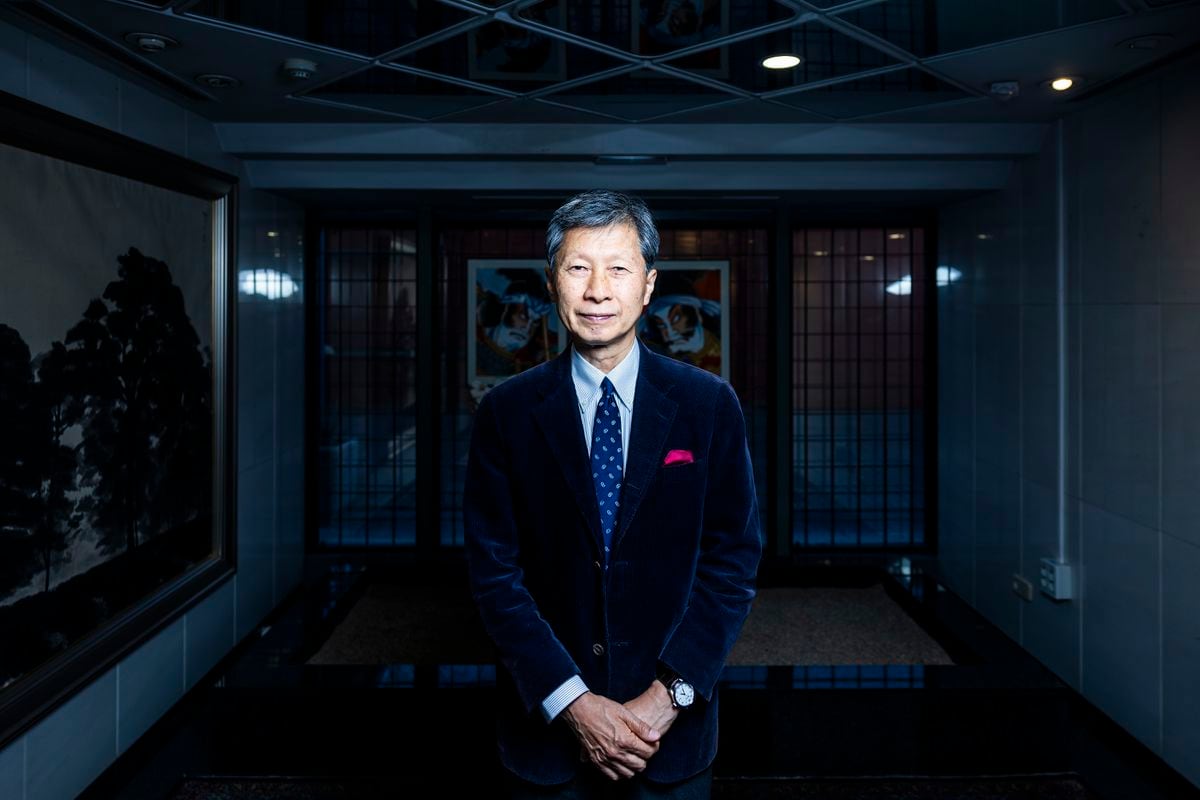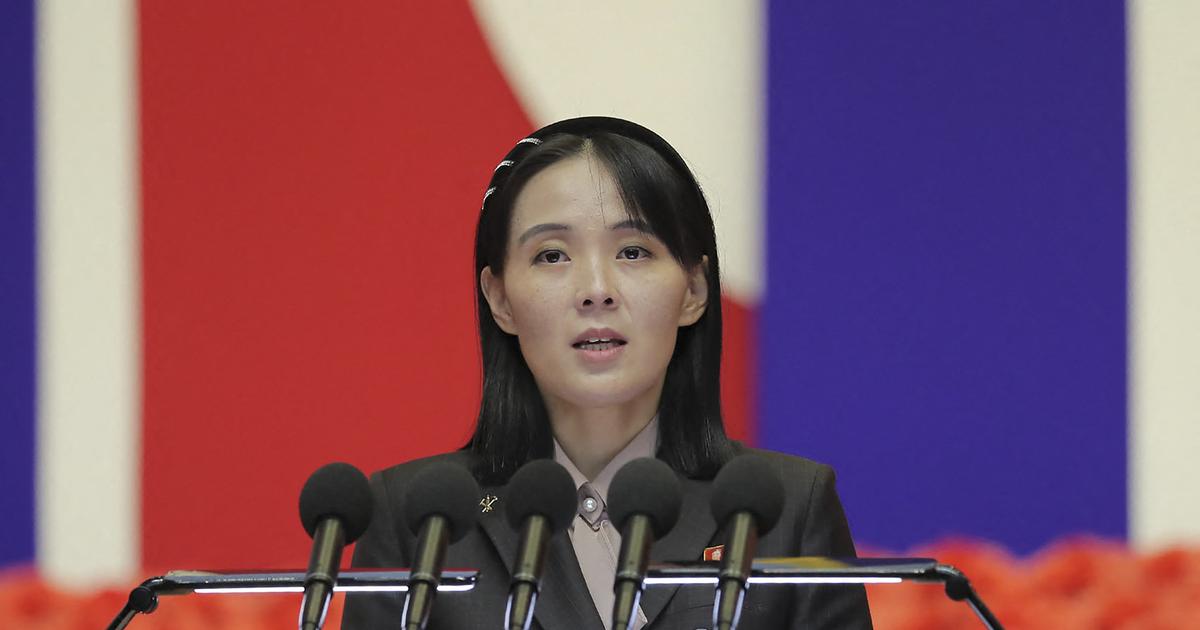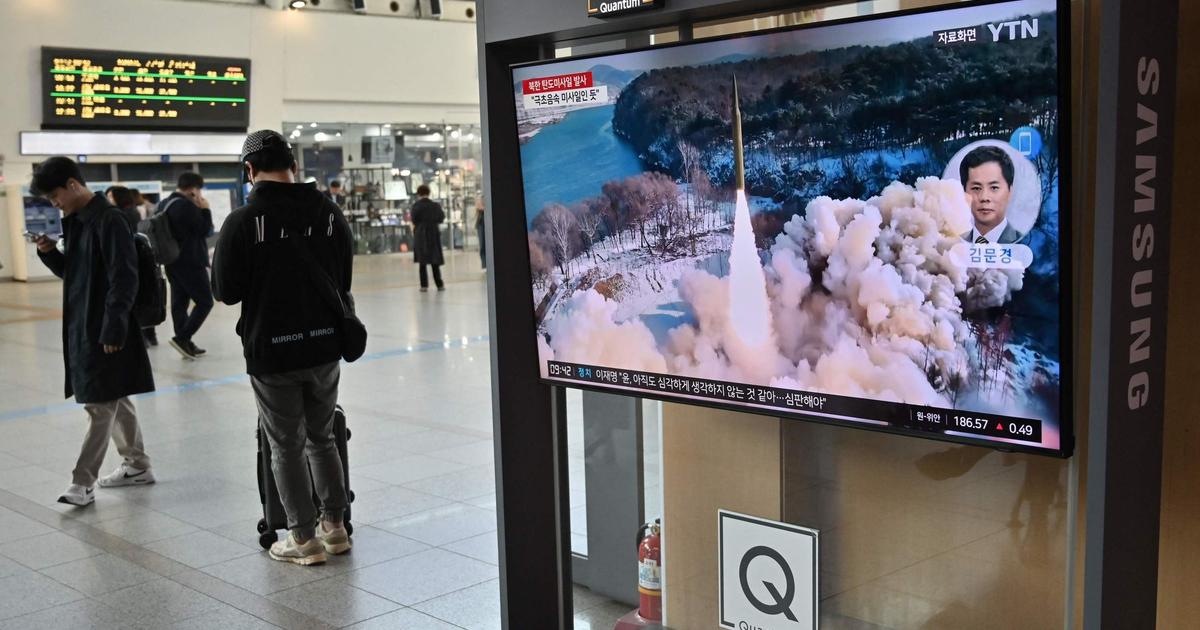South Korea has announced it will compensate South Korean workers forced to work for Japanese companies during WWII, in efforts to resolve one of the thorniest historical issues that have hampered relations with Japan.
A government foundation, Foreign Minister Park Jin said, will compensate 15 victims who won lawsuits against Mitsubishi Heavy Industries and Nippon Steel in 2018, through a fund fueled by donations from the private sector.
The plan, according to local media reports, does not directly involve the Tokyo government.
"I hope Japan responds positively to our important decision today with voluntary contributions from Japanese companies and a full apology," Park said of the plan.
"Cooperation between South Korea and Japan is very important in all areas of diplomacy, economy and security in the current serious international situation and complex global crisis. I believe that the vicious circle should be broken for the good of the people at the level of national interest, rather than leaving the tense relationship unattended for a long time", added the minister, underlining the need to close a long dispute that is holding back the full collaboration between the two main US allies in the Far East,
Japanese media had anticipated that Japanese companies could voluntarily provide donations, while Tokyo should express remorse for forced labor, as it did in the past.
The government of the Rising Sun has insisted that the 1965 treaty, which allowed the two countries to re-establish diplomatic ties with reparative funds for about 800 million dollars in loans, grants, had resolved the grievances relating to the colonial and militarist period.
Seoul's new plan solicits donations from major South Korean companies that benefited from the 1965 compensation package to compensate victims, based on a "historic agreement" which - remarked Park - "was fundamental to improving bilateral relations" .
About
780,000 Koreans were forced into forced labor by Japan during the 35-year occupation, according to data from Seoul, excluding women forced into sexual slavery by Japanese troops.
The move to settle the forced labor file follows years of World War II sex slave disputes that soured Japan-South Korea ties. The sides reached an agreement in 2015 to "finally and irreversibly" resolve that issue, with the Japanese apologies and the formation of a 1 billion yen fund for the survivors, South Korea later withdrew
from the agreement, canceling it, citing the lack of consent of the victims.
The decision sparked a bitter diplomatic dispute that spilled over to affect trade and security ties.
For its part, Japan has welcomed the South Korean compensation plan, calling it "useful" to establish "healthy" ties after years of
tensions.
"The Tokyo government assesses the measures announced today by the South Korean government as an effort to restore healthy
Japan-South Korea ties after they found themselves in a very grave situation due to the 2018 ruling," the Japanese foreign minister said. Yoshimasa Hayash, with reference to the decision with which, in 2018, the Supreme Court of Seoul ordered some Japanese companies to pay various compensations for forced labour.
And US Secretary of State Antony Blinken also welcomed the plan announced by South Korea, recalling that the two countries are "two of the most important allies of the US and we are inspired by the work they have done to advance their relations bilateral".
Therefore, reads a note, "we welcome with
I welcome today's historic announcements by the governments of the Republic of Korea and Japan on the conclusion of discussions related to sensitive historical issues". "The trilateral relationship between the United States, the Republic of Korea and Japan is fundamental to our shared vision of a region Indo-Pacific Free and Open, which is why I, along with other State Department colleagues, have invested so much time, focusing on this fundamental partnership," concluded Blinken eagerly, "including through our regular trilateral dialogues" of continue to work "to promote global peace and security".








